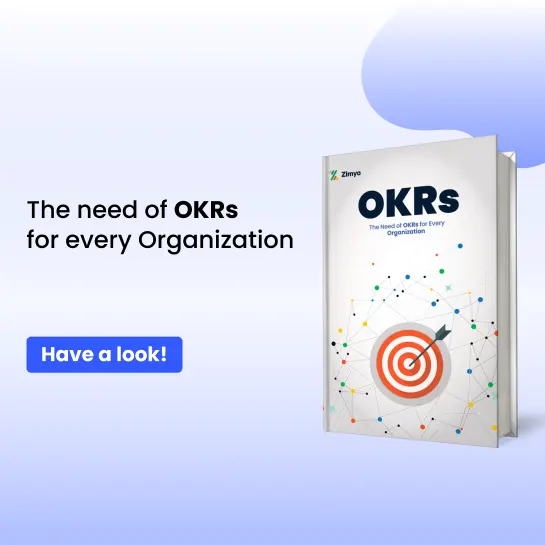A Software Engineer is responsible for designing, developing, testing, and maintaining software systems or applications to meet business and user needs. The role requires strong proficiency in programming, a solid grasp of software development principles, and the ability to work collaboratively in cross-functional teams. Key responsibilities include writing clean, scalable code, debugging issues, participating in code reviews, and contributing to system design and architecture.
These interview questions assess more than just coding skills, they evaluate a candidate’s problem-solving mindset, communication abilities, team collaboration, and long-term growth potential.
Interview Questions and Tips for Answering
1. Can you walk us through a recent project you've worked on? What was your role and the outcome?
How to Answer
- Explain the problem, your approach, tools used, and the result.
- Emphasize collaboration and technical decisions you contributed to.
2. Which programming languages and technologies are you most confident working with?
How to Answer
- Share your strongest languages and frameworks with real-world examples.
- Be honest about your proficiency level and learning mindset.
3. How do you approach system design for a scalable application?
How to Answer
- Talk through your planning process, including architecture, database design, load handling, and modularity.
- Mention experience with design patterns or microservices if applicable.
4. Describe your experience with version control systems like Git.
How to Answer
- Share how you’ve used Git in team settings – branching strategies, pull requests, resolving merge conflicts
5. What steps do you follow to debug a complex technical issue?
How to Answer
- Explain your methodical process: replicate the issue, use logs, isolate the cause, test fixes.
- Emphasize patience and structured troubleshooting.
6. How do you ensure your code is clean, maintainable, and testable?
How to Answer
- Mention using coding standards, writing modular code, following SOLID principles, and writing unit/integration tests.
- Share tools or practices like linting, TDD, or code reviews.
7. What experience do you have with REST APIs or GraphQL?
How to Answer
- Share how you’ve implemented or consumed APIs, and your understanding of REST vs. GraphQL trade-offs.
- Mention authentication, error handling, or performance optimization.
8. What is your experience with CI/CD pipelines and deployment tools?
How to Answer
- Talk about tools like Jenkins, GitHub Actions, Docker, or Kubernetes.
- Emphasize the importance of automation and reduced deployment risks.
9. How do you stay updated on new technologies or development practices?
How to Answer
- Mention reading tech blogs, attending webinars, taking courses, or participating in developer communities.
- Show a commitment to continuous learning.
10. Have you contributed to open-source projects or personal tech projects?
How to Answer
- Share your contributions with links if possible.
- Emphasize your passion for coding outside of work and team collaboration.
11. What’s your experience with databases - SQL or NoSQL?
How to Answer
- Mention specific databases used (PostgreSQL, MySQL, MongoDB).
- Discuss how you design schemas, write queries, and optimize performance.
12. Tell us about a time you had to learn a new language or framework quickly. How did you approach it?
How to Answer
- Show curiosity and your process for structured learning.
- Emphasize adaptability and quick upskilling.
13. How do you balance writing new code with fixing bugs and maintaining legacy systems?
How to Answer
- Discuss prioritization, risk management, and collaboration with QA or product teams.
- Highlight ownership and proactive refactoring.
14. What’s your approach to working with cross-functional teams (design, QA, product)?
How to Answer
- Emphasize clear communication, openness to feedback, and shared goals.
- Mention using tools like Jira, Slack, or Figma for collaboration.
15. Describe a time when a project didn't go as planned. What did you learn from it?
How to Answer
- Be honest. Focus on the solution, communication, or process improvement that followed.
- Show accountability and a growth mindset
16. Why do you want to work with us?
How to Answer
- Refer to the company’s tech stack, culture, product, or mission.
- Personalize your interest and align it with your career goals.
17. What are your career goals over the next 2–3 years?
How to Answer
- Mention growth into senior or full-stack roles, leading projects, or specializing in areas like DevOps or AI.
- Keep it aligned with the role’s opportunities.
18. What do you expect from a manager or a development team?
How to Answer
- Talk about open communication, mentorship, mutual respect, and clarity on goals.
- Show you’re a team player.
19. Do you have any questions for us?
How to Answer
- Ask about the team’s development practices, code review culture, tech stack, or upcoming projects.
- Show curiosity and initiative.


